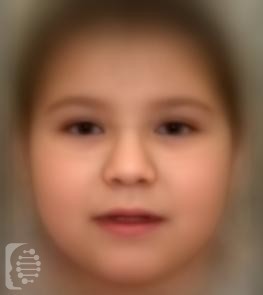What is Bardet-Biedl syndrome?
Bardet-Biedl syndrome is a rare genetic disorder that occurs in approximately 1 in every 250,000 live births.
Symptoms may vary considerably between individuals and affect multiple parts of the body. Characteristic features of this rare disease include obesity, intellectual disability, and issues concerning the eyes, kidneys and genitalia.
While rare, the disorder has a higher incidence rate in Newfoundland, Canada and in the Middle East amongst Bedouin populations.
What gene change causes Bardet-Biedl syndrome?
The condition is the result of malfunctions of the primary cilia. Cilia are responsible for the communication between the cells. To date, 25 genes have been related to this syndrome.
It is inherited in an autosomal recessive pattern. Autosomal recessive inheritance means an affected individual receives one copy of a mutated gene from each of their parents, giving them two copies of a mutated gene. Parents, who carry only one copy of the gene mutation will not generally show any symptoms, but have a 25% chance of passing the copies of the gene mutations onto each of their children.
What are the main symptoms of Bardet-Biedl syndrome?
The main symptoms of the syndrome may vary in their severity between individuals. Some of the widely recognized symptoms include degeneration of the retinas, reduced kidney function and obesity.
Physical features of the syndrome include dental abnormalities, short stature, a lazy eye and toe or finger abnormalities.
Other secondary symptoms include learning disability, developmental delay, behavioural and neurological problems, high blood pressure and potential speech disorders. A lack of a sense of smell, and thyroid issues are also potential syndromes.
How is it diagnosed?
To find out if someone has a diagnosis of Bardet-Biedl syndrome, it is important to have a consultation and evaluation with a clinical genetic specialist. Specialists may also suggest specific genetic testing or other types of tests to help reach a diagnosis. FDNA’s AI technology can help speed up the diagnostic process by analyzing facial features and other health information.

